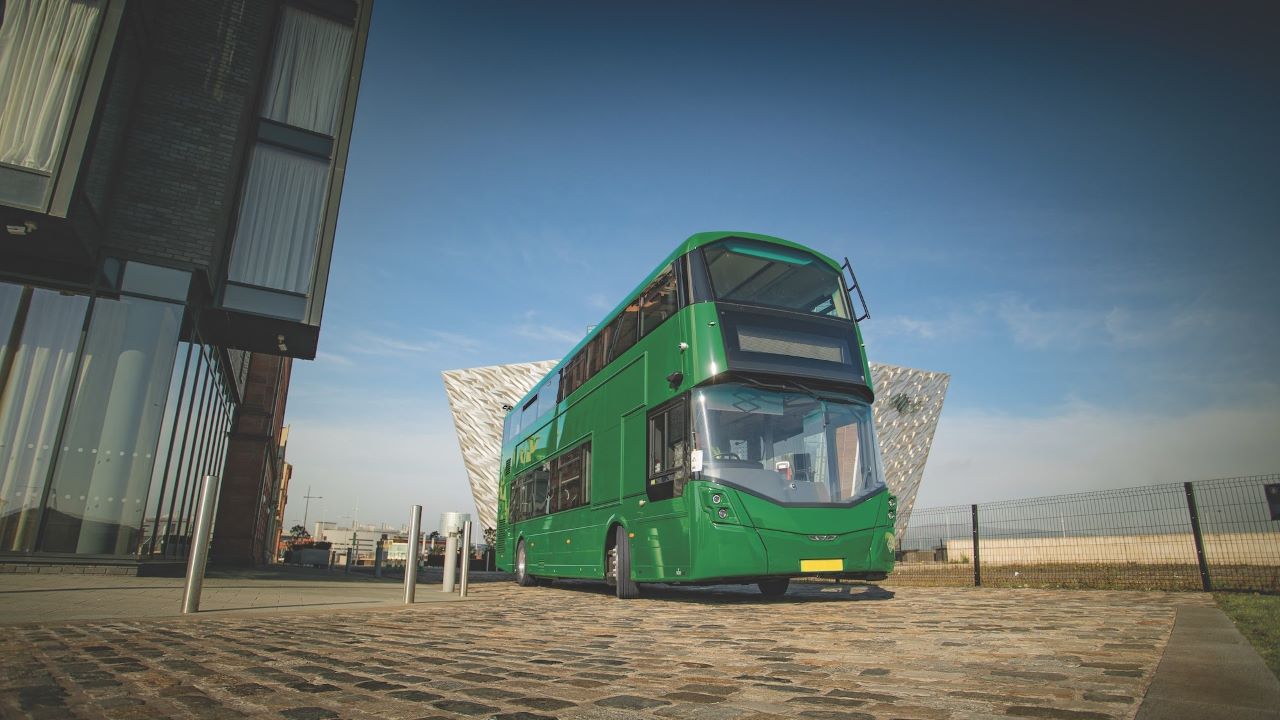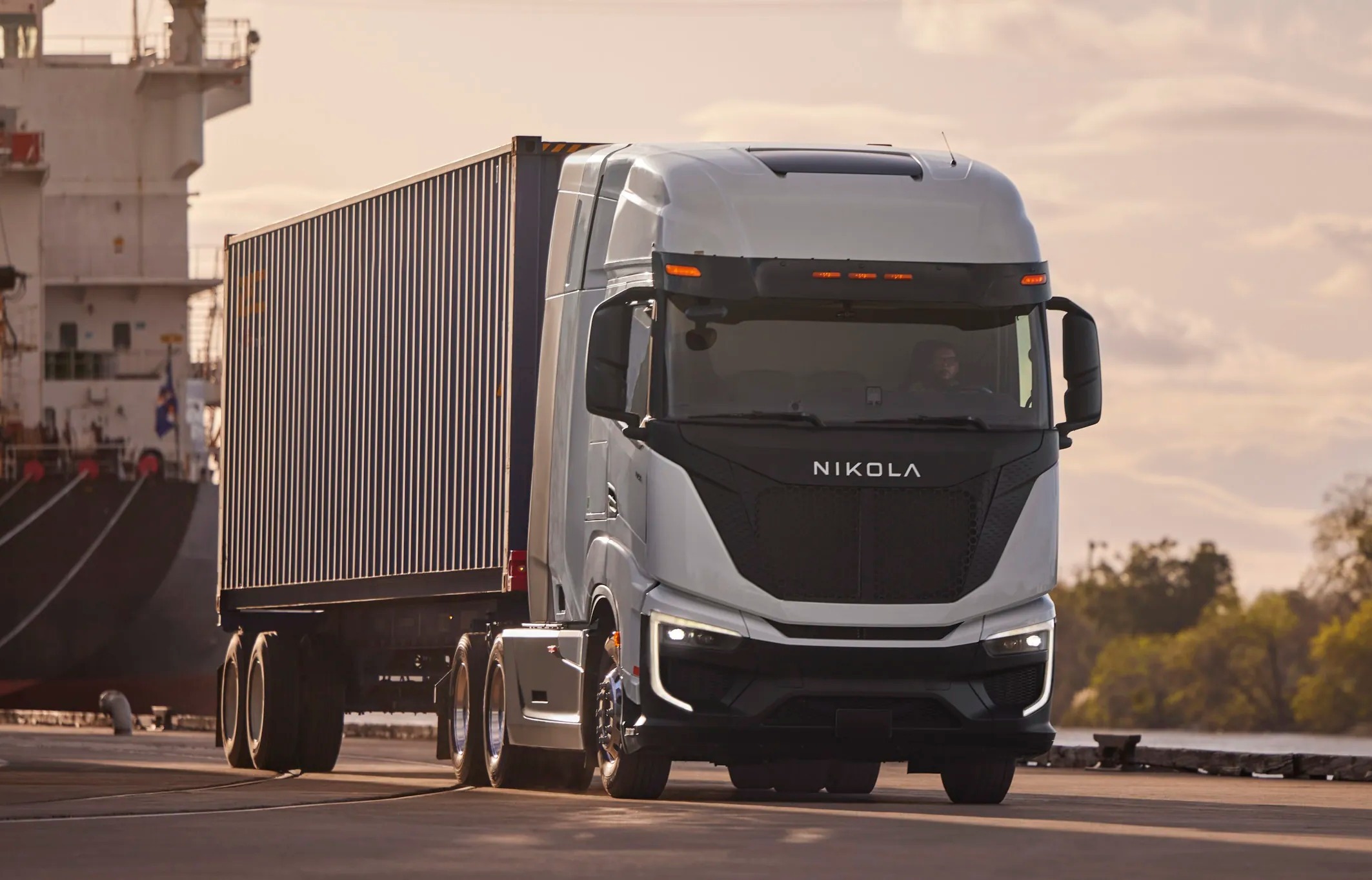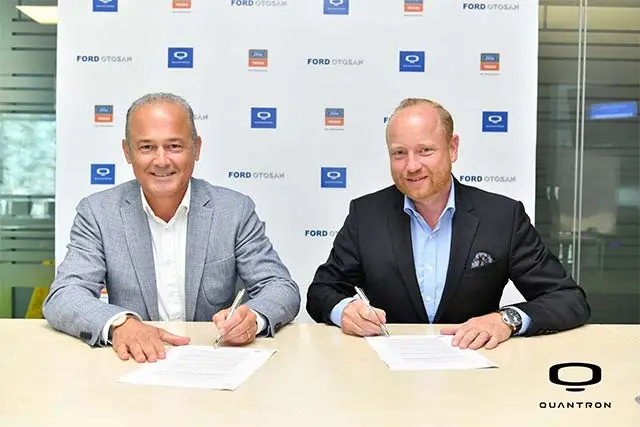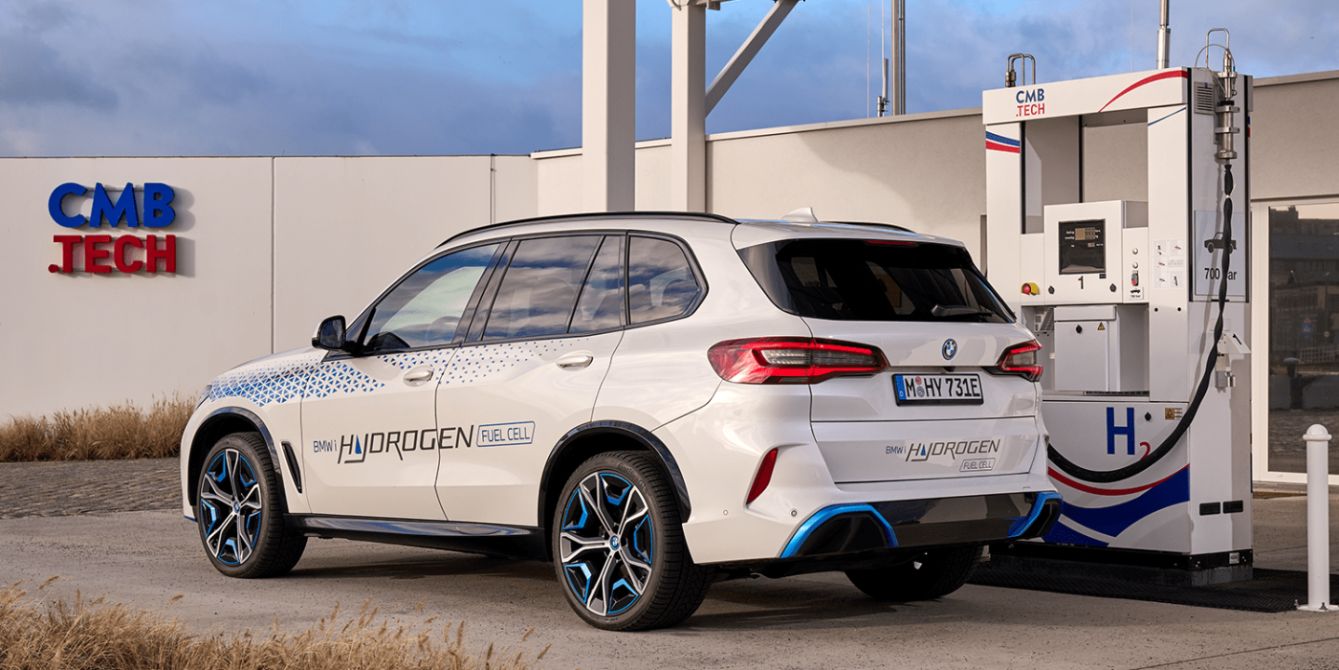BASF Environmental Catalyst and Metal Solutions (ECMS) have joined forces with ZeroAvia to advance the development of high-temperature proton exchange membrane (HT-PEM) fuel cell technology for the aviation industry. This collaboration centers on the supply of membrane electrode assemblies (MEAs) and collaborative research to enhance the performance and efficiency of ZeroAvia’s HT-PEM fuel cell stacks.
Under this agreement, the companies will work together to expedite the commercialization of a lightweight and high-powered MEA tailored for HT-PEM fuel cells, specifically designed for aviation applications. ZeroAvia’s HT-PEM fuel cell technology, which incorporates ECMS’s Celtec innovation and catalyst expertise, promises to be a game-changer for the aviation industry.
This partnership also extends to the establishment of a long-term MEA supply agreement, including the sourcing of platinum group metals (PGMs) and PGM-containing catalysts. The collaborative efforts will focus on improving the quality of components and materials supplied, thereby enhancing the overall performance of ZeroAvia’s HT-PEM fuel cell stacks.
For two decades, ECMS has been at the forefront of membrane and MEA technology for HT-PEM fuel cells through its renowned Celtec brand. The company also boasts substantial experience in precious metal services and catalysis.
ZeroAvia, on the other hand, has achieved remarkable technological breakthroughs with its pressurized HT-PEM system. High-temperature PEM fuel cells are poised to become a pivotal technology for various aircraft applications, including large fixed-wing aircraft, rotorcraft, and electric vertical takeoff and landing (eVTOL) vehicles. The ability to operate at higher temperatures and pressures offers advantages such as air cooling, reduced cooling drag, system simplification, and broader application possibilities.
See also: BASF and Tenova Collaborate to Develop Sustainable Battery Recycling Process
Notably, ZeroAvia’s testing of its pressurized 20kW HT-PEM stack power module has already demonstrated an industry-leading power-to-weight ratio of 2.5 kW/kg at the cell level. The company has set ambitious targets, aiming to achieve a system-level power density of over 3 kW/kg within the next two to three years. This requires advancements in various components within the fuel cell stacks, with the ultimate goal of supporting hydrogen-electric propulsion systems for narrowbody turbofan aircraft like the Boeing 737 and Airbus A320.
Rudolf Coertze, Head of R&D at ZeroAvia, emphasized the significance of this collaboration, stating, “Partnering with ECMS enables us to accelerate our HT-PEM development, facilitating rapid development of our powertrains for large regional turboprop, regional jet, and ultimately, even narrowbody aircraft. This agreement is an important step towards securing the components that will enable manufacture of the ZA2000 engines for 40-80 seat aircraft once certified in 2027.”







